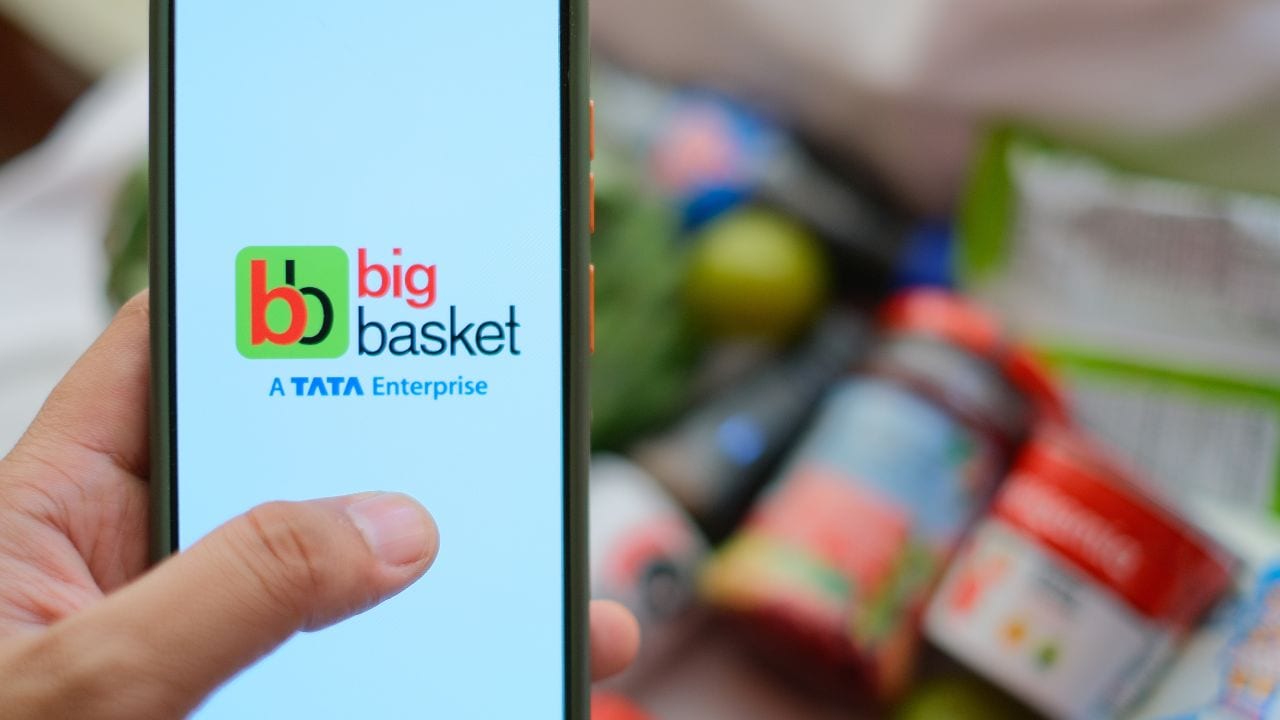

In an interview to CNBC-TV18, Parekh noted that quick commerce has experienced exponential growth, with last year’s growth pegged at 100%. This rapid rise in demand has driven Bigbasket to shift to a fully quick commerce model, marking a significant change in how the company serves its customers.
“We’ve seen significant growth in quick commerce. The kind of growth that we are seeing in quick commerce over the last two years has been just immense. Last year was about 100% for the category itself. This year, I think quick commerce will grow by 50-70%,” Parekh shared.
Bigbasket, which launched its quick commerce service two and a half years ago, has now fully transitioned to this model. While the company continues to offer slotted delivery options as a feature, quick commerce is the primary delivery method.
As the quick commerce space continues to expand, Parekh highlighted how consumer expectations have evolved, with shoppers now seeking more than just groceries. The rise of demand for a wide array of products has led to a blurring of lines between quick commerce and traditional e-commerce. Categories traditionally dominated by e-commerce, such as small electronics, mobile phones, and festival-specific items like gold coins and kites, are now being incorporated into quick commerce offerings, Parekh added.
Bigbasket and other quick commerce players are experimenting with new categories, aiming to cater to the growing demand for a more diverse range of products delivered swiftly. One such experiment is the introduction of pharmacy products, a move many players in the space are also exploring. “We are going to try pharmacy, and a lot of other players will too. We’ll see if prescription pharmacy or general pharmacy will actually come to quick commerce,” Parekh said.
Additionally, fashion is becoming a part of the quick commerce mix, with Bigbasket already selling items like sandals, shoes, and festival attire. This is just one of the many experiments taking place as companies test the waters with different product categories.
While not every experiment is guaranteed to succeed, Parekh remains confident that the next few years will reveal which categories have the potential to thrive in the quick commerce space. “There’s a lot of new categories coming on, and I’m not too sure whether every one of them will work. But over the next couple of years, we will figure out which ones work,” he concluded.
Watch the video for more



